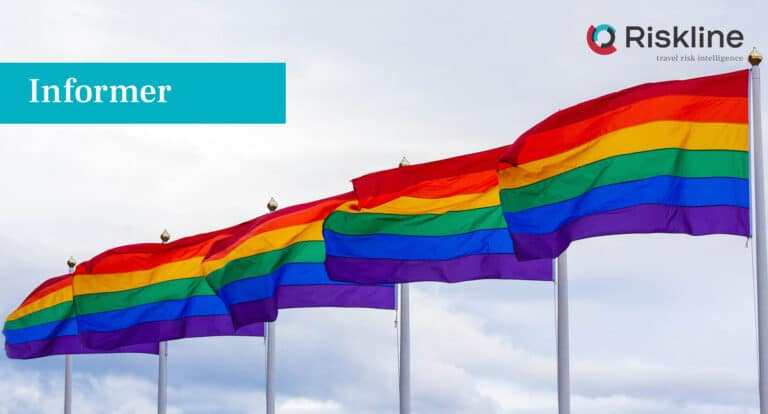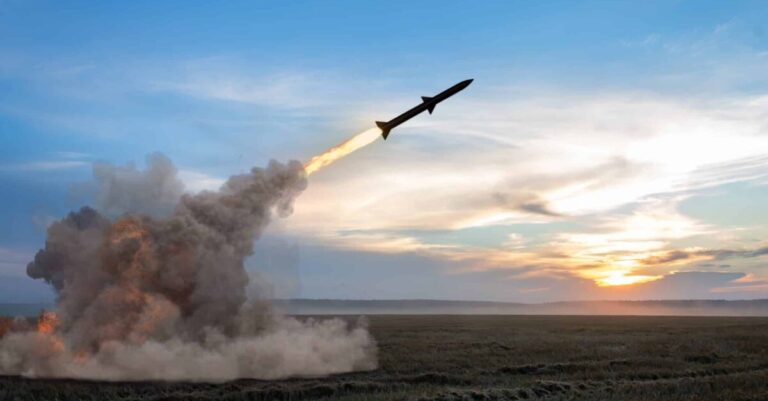While Pride Month is here, it seems there are few places to go for LGBTQ+ travellers. More than a year into the COVID-19 pandemic, virus fears and complex travel restrictions that remain in effect have made tourism impossible in most parts of the world, as if LGBTQ+ travellers didn’t already have the challenge of finding a place where they could enjoy themselves and feel safe. However, there is some good news. Vaccinations have driven case numbers down in a growing number of countries and more places are eager to open to tourists again. Here are some destinations that are not only open but also accepting.
Barcalona, Spain
Spain has been a favourite destination for LGBTQ+ travellers for a good reason. Being one of the first countries to legalize same-sex marriage, Spain is one of the most LGBTQ+ friendly countries in the world. Travellers will find that Spain is not only accepting and welcoming but also easy to reach. Starting 7 June, vaccinated tourists can enter without COVID-19 testing, as long as they can show that at least 14 days have passed since the final dose and the vaccine is approved by the European Medicines Agency (EMA) or the World Health Organization (WHO). Bars, restaurants and cultural venues in Barcelona are open until 01:00. Public events can host up to 1,000 people indoors and 3,000 people outdoors. Combined with ease of travel for those who are vaccinated, the city’s recent reopening makes Barcelona a viable and fun destination ahead of its annual pride celebration on 3-4 September.
Athens, Greece
In May, Greece became one of the first European Union (EU) countries to reopen to international tourism. Compared to other EU countries, Greece has relatively relaxed entry rules, including an extended list of countries allowing tourists. This means travellers from Canada, China, the UK, the US and dozens of other countries can enter quarantine-free with proof of vaccination, recovery or negative PCR test. While Greece has not legalised same-sex marriage, LGBTQ+ travellers will likely feel welcome in Athens, especially its Gazi neighbourhood. Athens Pride Week will happen on 18-25 July, ahead of the main event on 11 September. While a curfew remains in effect across the country, curfew hours are set to be reduced to 01:30-05:00 on 12 June before being lifted completely on 1 July. As a bonus, travellers seeking a change of scenery can easily travel to Greece’s many islands. Island-bound travellers will need proof of vaccination, recovery or a recent negative test.
Italy
Italy is another country that has been gradually reopening to tourism, having lifted mandatory quarantine for EU arrivals. While Italy remains closed to tourists from most non-EU countries, the United States is one of the four countries where tourists can skip quarantine by boarding ‘COVID tested flights’ to Rome, Milan, Naples or Venice. With the exception of nightclubs, most venues are open and the nightly curfew stops on 21 June. The country’s reopening and steadily improving COVID-19 situation make Italy a safe and viable destination for a growing number of travellers. Milan and Rome will host their annual pride celebrations on 26 June.
Copenhagen, Denmark
Denmark is another LGBTQ+ friendly country that recently opened its borders to vaccinated travellers. Starting 5 June, vaccinated travellers from most countries in the Organisation for Economic Co-operation and Development (OECD) – including the US and the UK – can enter the country without testing and quarantine. However, Denmark has stricter domestic measures. Events have a limit of a maximum of 50 people indoors and 100 people outdoors. Certain venues, including indoor areas of restaurants, are only accessible to Coronapas holders with proof of vaccination, recovery or testing. This year’s WorldPride in Copenhagen on 12-21 August will feature a series of smaller protest walks.
Curaçao
Curaçao is one of the few places in the world that is open to travellers from all countries. Anyone with a negative COVID-19 test result is welcome. After the Dutch territory lifted its curfew on 8 June, there are minimal restrictions. The only requirements are to complete a digital immigration card before arrival and take a COVID-19 test on Day 3. COVID-19 infection rates are low, giving travellers peace of mind from virus fears. While Curaçao has yet to legalise same-sex marriage, the territory has legal protection from discrimination on grounds of sexual orientation and recognises same-sex marriages performed in the Netherlands. After being postponed in 2020, Curaçao Pride will be held on 23-26 September.

